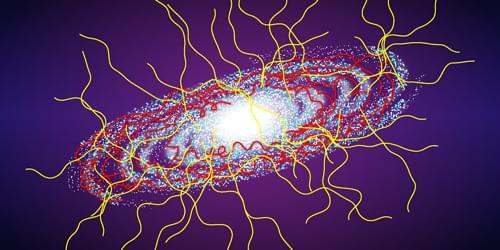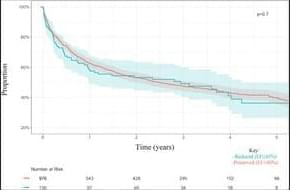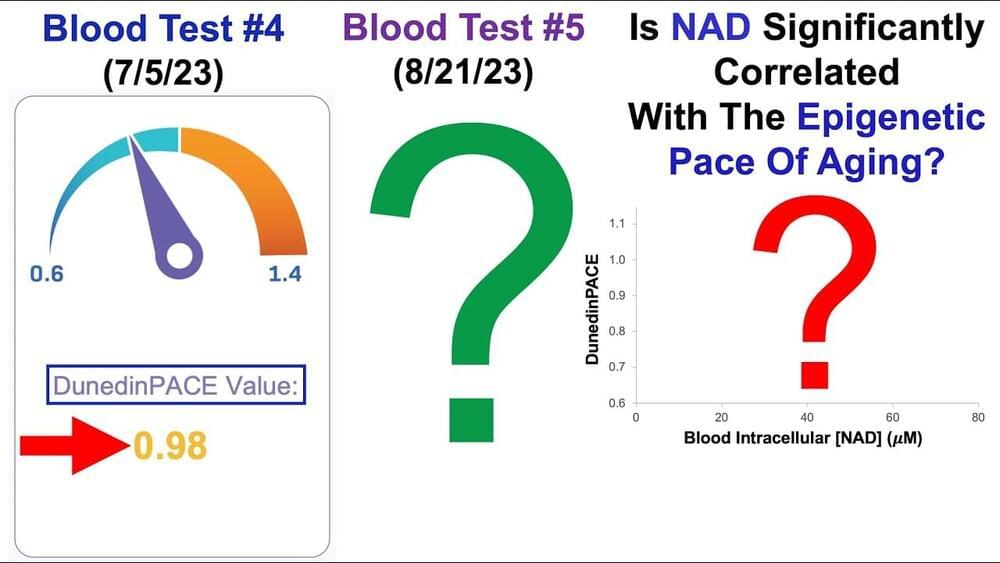Oct 11, 2023
Big AI needs to overcome the high scaling costs of generative AI
Posted by Dan Kummer in category: robotics/AI
Tech companies are investing billions in developing and deploying generative AI. That money needs to be recouped. Recent reports and analysis show that it’s not easy.
According to an anonymous source from the Wall Street Journal, Microsoft lost more than $20 per user per month on generative AI code Github Copilot in the first few months of the year. Some users reportedly cost as much as $80 per month. Microsoft charges $10 per user per month.
It loses money because the AI model that generates the code is expensive to run. Github Copilot is popular with developers and currently has about 1.5 million users who constantly trigger the model to write more code.


















